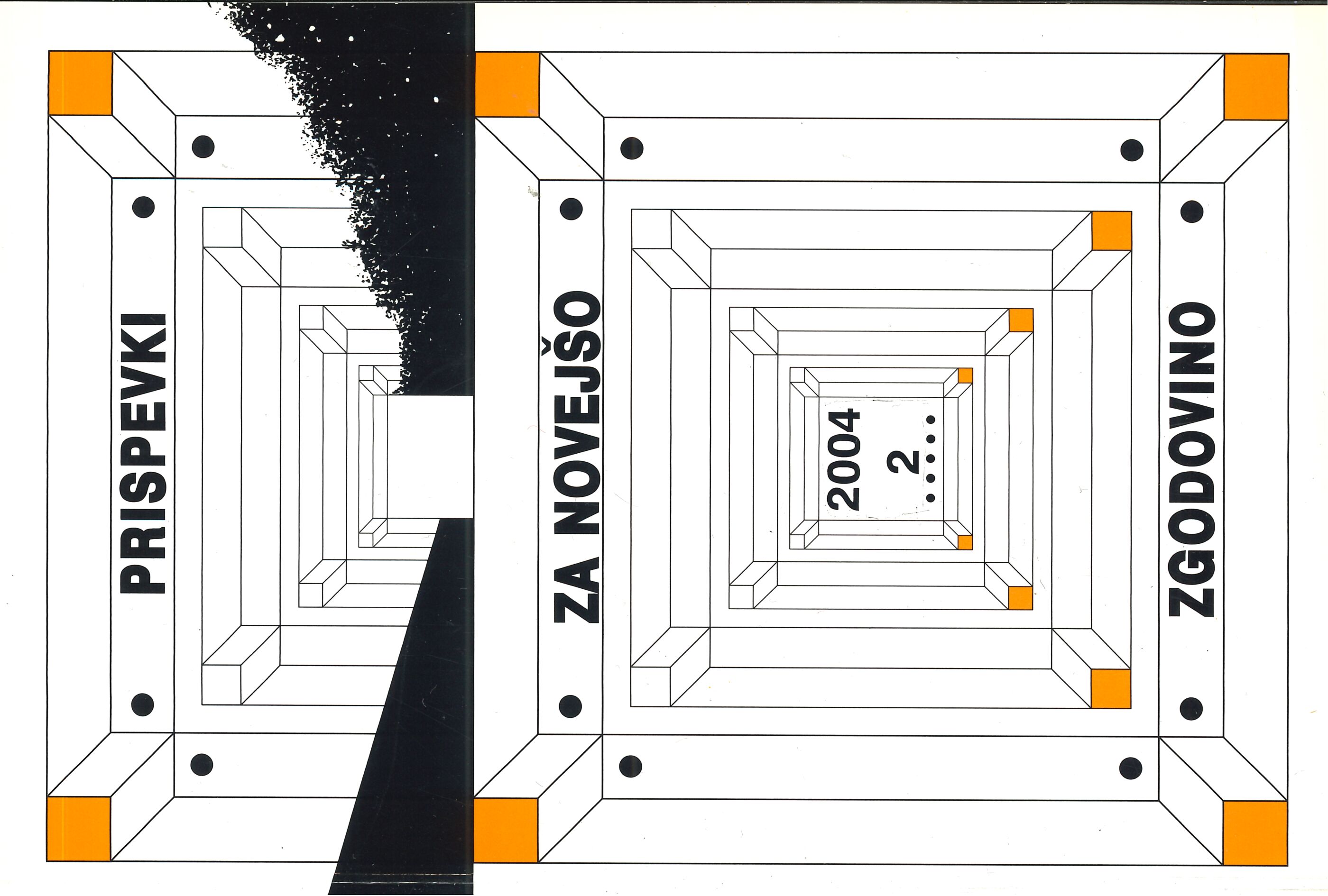Newst Historiography (1990-2003) of Bosnia Herzegovina for Period between World Wars
Keywords:
Historigraphy, Bosnia Hercegovina, 1918-1941, Communism, Nationalism, DemocracyAbstract
The wave of democratic changes at the end of the 1980's and at the beginning of the 1990's in Bosnia Herzegovina, instead of leading towards liberalisation and democratisation of historiography, became a platform for the launching of radical nationalistic tendencies. The 1992-1995 war additionaly vulgarised the processes which had begun several years earlier. This resulted in a horrific devaluation of the historiographic achievements. The perception of the 1918-1941 period was no different in comparison to other eras. Thus, its fundamental characteristic is the difference in approach, which breaks in the prism according to individual ethnic (political) aspects. Among the key questions dealt by historiographers in recent years was the presence of democratic institutions In Bosnia Herzegovina, and, in particular, the question of the continuity of the state of Bosnia and Herzegovina in the period between the two world wars. Unfortunately, key historic questions from this period remained unresolved and there were no particular evolutionary changes in the methodological approach. The much desired interdisciplinarity occurred only sporadically.
Downloads
Published
Issue
Section
License
Authors who publish with this journal agree to the following terms:
- Authors retain copyright and grant the journal right of first publication with the work simultaneously licensed under a Creative Commons Attribution License that allows others to share the work with an acknowledgement of the work's authorship and initial publication in this journal.
- Authors are able to enter into separate, additional contractual arrangements for the non-exclusive distribution of the journal's published version of the work (e.g., post it to an institutional repository or publish it in a book), with an acknowledgement of its initial publication in this journal.
- Authors are permitted and encouraged to post their work online (e.g., in institutional repositories or on their website) prior to and during the submission process, as it can lead to productive exchanges, as well as earlier and greater citation of published work (See The Effect of Open Access).


